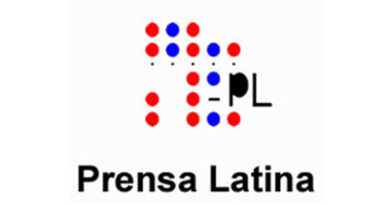Google and Facebook too powerful, says watchdog
 Image copyright Getty Images
Image copyright Getty Images The UK needs tougher rules to curb the dominance of Google and Facebook, including powers to break them up, the Competition and Markets Authority has said.
It is concerned that the firms’ dominance in digital advertising raises barriers for new competitors.
This may be pushing up prices for consumers, the CMA said.
The tech giants said they faced strong competition and that they would work with regulators on their concerns.
The CMA, which has been investigating their power in advertising for a year, said on Wednesday that it was «concerned that they have developed such unassailable market positions that rivals can no longer compete on equal terms».
Google has more than 90% of the £7.3bn search advertising market in the UK, it said.
Facebook takes more than half of the £5.5bn UK online display advertising market.
The CMA said the services provided by Google and Facebook «are highly valued by consumers and help many small businesses to reach new customers».
But it said their massive reach is a source of power and that «each has unmatchable access to user data».
«If the £14bn spend in the UK last year on digital advertising is higher than it would be in a more competitive market, this will be felt in the prices for hotels, flights, consumer electronics, books, insurance and many other products that make heavy use of digital advertising,» the CMA said.
It said that Google and Facebook’s market positions «also have a profound impact on newspapers and other publishers», with newspapers reliant on the giants for nearly 40% of visits to their sites.
New unit
The CMA called for a new «Digital Markets Unit» to enforce a new code of conduct for big tech firms and allow more data accessibility for rivals.
It would also have the power to break up the tech firms if necessary, such as being able to order Google Ad Manager, its advertising management platform, to become a separate business,.
The CMA said it would work with watchdogs the Information Commissioner’s Office and Ofcom to establish a «Digital Markets Taskforce» to advise the government on a new regulatory regime.
The Department for Business, Energy and Industrial Strategy said it would «carefully consider» the CMA recommendations.
‘Significant competition’
Ronan Harris, Google UK and Ireland vice-president, said digital advertising «helps businesses find customers and supports the websites that people know and love».
Mr Harris added that Google would «continue to work constructively with regulatory authorities and government».
A Facebook spokesman said: «Providing a free service, funded by advertising that is relevant and useful, gives millions of people and businesses in the UK the opportunity to connect and share.
«We face significant competition from the likes of Google, Apple, Snap, Twitter and Amazon, as well as new entrants like TikTok, which keeps us on our toes.»
He said Facebook would be «engaging with UK government bodies on rules that protect consumers and help small businesses rebuild as the British economy recovers».
Political sensitivities
The CMA is «passing the baton to the UK government with a range of politically controversial proposals», according to Christian Ahlborn, global head of competition at law firm Linklaters.
«One is left wondering whether the fact that many of its ideas would have caused political ructions on the other side of the Atlantic has played a significant role» in its deciding not to launch a market investigation and instead recommend legislation, he said.
The UK and other European countries have been at loggerheads with the US over international proposals for tech giants «to pay their fair share of tax».




